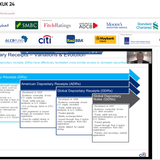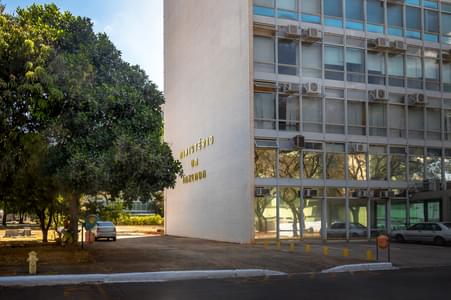These are all false. The risks of losing control of inflation and of a “trap at the bottom of the well” were real in the waning days of the Rousseff administration, as noted by an important fund manager.
The problem with this viewpoint, besides the injustice done to the economic team and political operators, is that it conveys the idea that no progress has been achieved. Everything experienced so far is the fruit of good luck. The corollary is the recommendation for a change in the current economic agenda. This is dangerous, because the fiscal adjustment measures need to be deepened and improved, not changed.
The criticisms of the government’s strategy of choosing structural fiscal adjustment as the cornerstone to overcome the country’s crisis are tenuous. It is important to recall that Dilma’s economic team tried to move this agenda forward, but failed in those efforts, and we lost our investment grade rating.
The current fiscal adjustment is far from ideal. By depending on structural reforms, the adjustment is slow. And concessions were made to special interest groups, such as the pay rise for civil servants, which wound up hamstringing public investments even more. All the same, on balance it has been positive. Now there are constitutional constraints that reduce the risk of fiscal irresponsibility, and that will stimulate more reforms. Besides this, there is greater transparency in fiscal policy management, without intense use of budget financing from public banks to circumvent legally required fiscal targets (the so called “pedaladas” that underpinned Dilma’s impeachment) and the “remainders to pay” mechanism of delayed disbursement of budget allocations.
There’s no denying the importance of food price deflation and the appreciation of the real against the dollar for the decline of inflation, the pace of which has been a surprise. However, these arguments neglect the essence of the disinflation process. The reorientation of fiscal policy and the Central Bank’s zeal and credibility are the cornerstones of the disinflation, which started with the reduction of inflation expectations in the financial market.
Analysts reducing their inflation estimates is not a sign of support for any government team. Instead, it is the result of the strong competition among analysts, stimulating them to update their scenarios frequently. The goal is largely a selfish one – to achieve high ranking with the Central Bank among the best inflation forecasters.
Without the reorientation of economic policy, inflation would not have steadily fallen, the Selic rate would not be declining, and the recovery would not be under way – even with all the luck in the world.
Food price inflation has not fallen only because of record yields, and the exchange rate has not appreciated only due to the international macro environment. Both reflect the correctness of economic policy in good measure.
With the record harvests but lack of outlook for adjustment of the public accounts generating inflationary pressure, inflation would not be falling consistently, not even food prices. Likewise, the exchange rate would not have appreciated, at least with the same intensity as has occurred. In a disastrous domestic situation, the real would have behaved differently than the currencies of other emerging countries.
Managing to benefit from luck is a privilege of the few. In January, I wrote that putting the economic policy house in order could produce surprising results, and the Selic rate could fall to 7.5%. In reality, it will probably fall lower than that. Long lasting single-digit interest rates, however, will depend on the structural fiscal adjustment. The neutral real interest rate, which keeps inflation stable, fundamentally depends on structural factors, such as the potential for GPD growth, demographics and the long-term perspectives for fiscal policy. This is the last variable in the equation.
Society is gradually realizing the importance of treating the public accounts with caution, and now people are starting to see the benefits. We cannot miss this opportunity.









